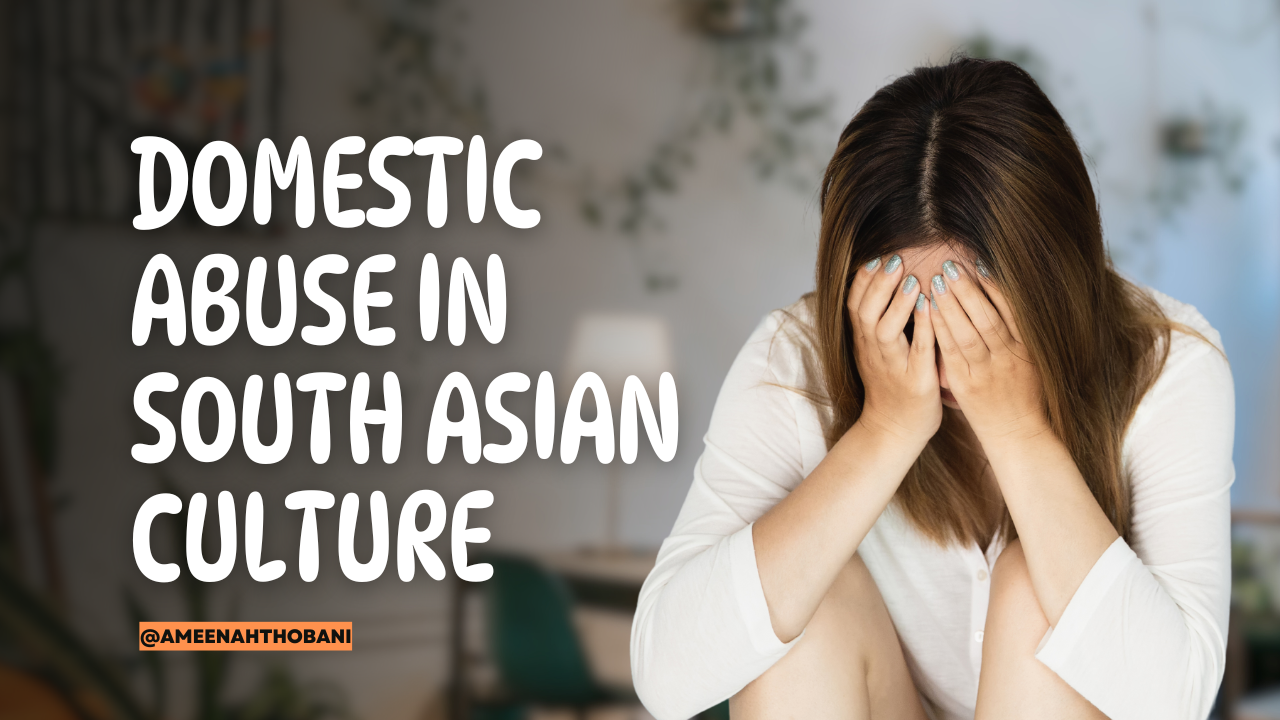Transforming Lives Through Past Life Hypnotherapy: Ameenah Thobani
Past life hypnotherapy is one of the few ways to explore the depths of the human mind and soul. One of those pioneers, Positive Enlightenment founder Ameenah Thobani, has guided…
Positive Enlightenment by Ameenah
Past life hypnotherapy is one of the few ways to explore the depths of the human mind and soul. One of those pioneers, Positive Enlightenment founder Ameenah Thobani, has guided…
Hypnosis has long been always misunderstood, often put down to the realm of myths, misconceptions, and stage performances. However, hypnosis is far more than entertainment—it is a scientifically supported practice…
The holiday season is often portrayed as a time of joy, celebration, and family bonding. But for many, it can also be a time of overwhelming stress, emotional exhaustion, and…
HOW CHILDHOOD FINANCIAL STRUGGLES SHAPE ADULT FINANCES AND STEPS TO OVERCOME THEM Growing up in poverty can shape your adult financial habits in profound ways. The childhood financial struggles often…

Introduction Domestic abuse is a complex issue that affects individuals across cultures, but in South Asian communities, certain cultural, familial, and social dynamics can make the problem more challenging to…
The relationship we have with our parents is foundational, shaping our values, beliefs, and even our personalities. It’s a bond often filled with love and respect but also one that…
By Ameenah Thobani, Counselling, and Clinical Hypnotherapist/ Rapid Transformational Therapist Highly Sensitive People (HSPs) often feel emotions more deeply, pick up on the energies of their surroundings, and are more…
As parents, it is natural to want the best for our children. We want them to succeed in all aspects of life, whether it be academically, athletically, or socially. However,…
Have you ever wondered what lies beyond the confines of our physical existence? Are you curious about exploring other dimensions, realms, and the depths of consciousness itself? Astral projection, also…
It has been a couple of days since the weekend, and I haven't been waking up at my regular 4:00 am meditation time. As a highly sensitive person, meditation is…